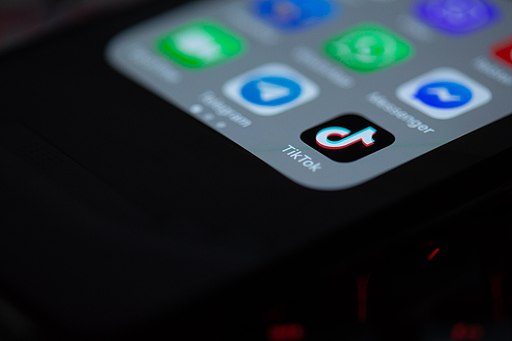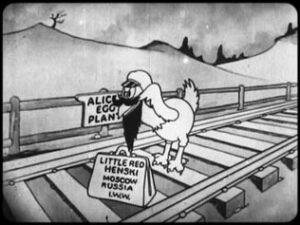
The US government’s bi-partisan war on your right to publish embarrassing videos of yourself proceeds apace. As of March 6, Reuters reports, the White House is “working with Congress” on legislation that would give US president Joe Biden authority to pretend that he can ban TikTok.
As I’ve written before, I’m all in favor of banning government use of TikTok. And all other apps. And smart phones. And the Internet.
And as I’ve pointed out before, the idea of a general ban on TikTok for the American public is unconstitutional, stupid, insane, and evil.
But that doesn’t mean there aren’t silver linings in this cloud of political idiocy.
The first and most easily foreseeable consequence of Congress passing such legislation, and Biden invoking its awesome alleged power, would be the reinvigoration of the “cypherpunk” phenomenon.
Within minutes of a general TikTok ban, every American Gen Zer — or at least every American Gen Zer who hadn’t already figured this stuff out for purposes of bypassing copyright to download obscure Japanese anime videos — would become a budding expert in “side-loading” apps onto smart phones, using Virtual Private Networks to go boldly where everyone went before the politicians said they couldn’t anymore, and just generally waving his, her, their or xir middle finger in Biden and Company’s faces.
A secondary consequence would be app developers increasingly catering to a growing user base interested in avoiding “walled gardens” like Google Play and the Apple App Store, both because they’re vulnerable to stupid government censorship tricks like a TikTok ban, and because they’re inclined toward limiting developer/user relationships for their own reasons, even when not forced to do so by politicians.
And those two trends would, in turn, resuscitate the insanely great idea of the “Wild West” Internet, a golden age when users did what they darn well pleased — because they could, and because clueless politicians were powerless to stop them.
Which might conceivably even bring us to the Promised Land: The Internet as its own global super-jurisdiction, completely immune to political control by any regime for any reason. Politicians would be left with the choice of cutting “their” serfs off from the Internet entirely (and likely getting overthrown for it), or conceding that cyberspace isn’t, and isn’t ever going to be, their turf.
To steal an abbreviated Eastwoodism: Do you feel lucky, politicians?
If so, as the not-very-old saying goes, ____ around and find out.
Thomas L. Knapp (Twitter: @thomaslknapp) is director and senior news analyst at the William Lloyd Garrison Center for Libertarian Advocacy Journalism (thegarrisoncenter.org). He lives and works in north central Florida.
PUBLICATION/CITATION HISTORY


